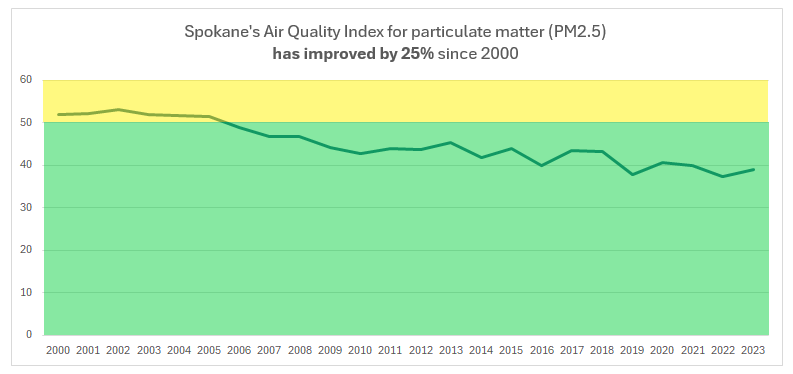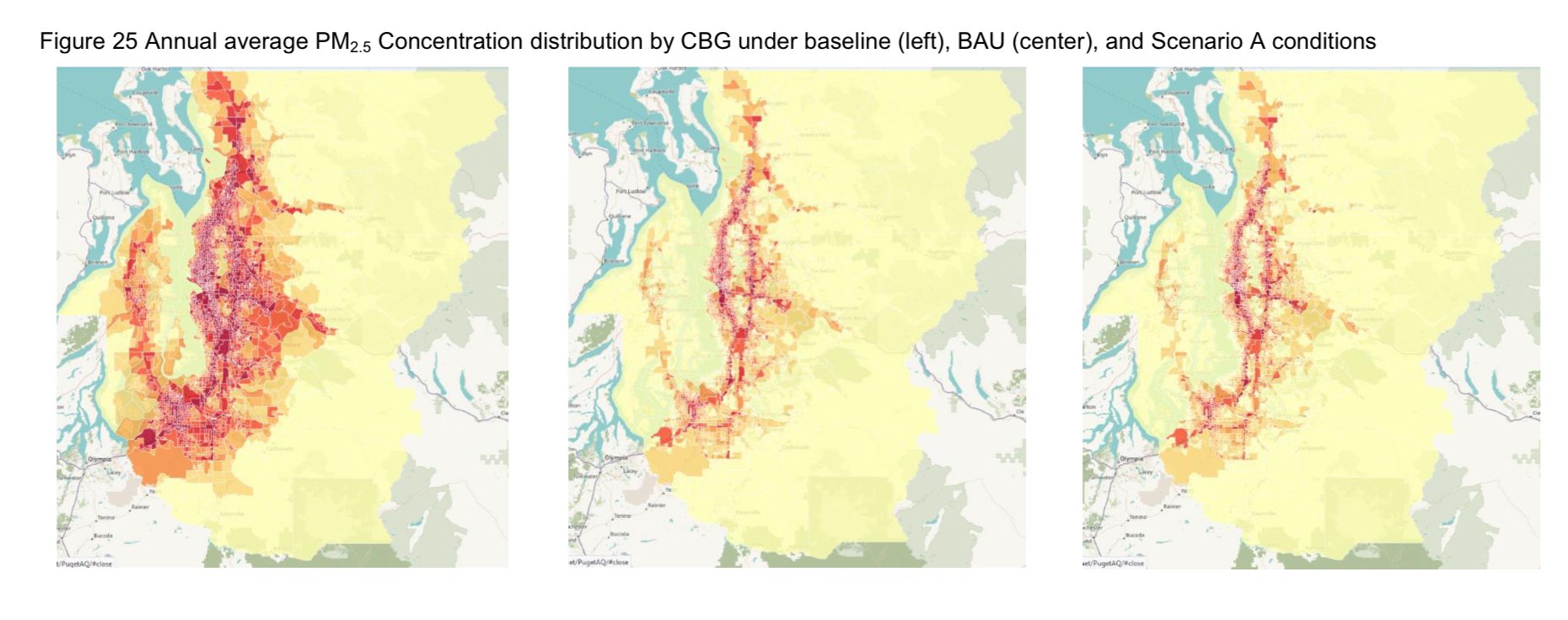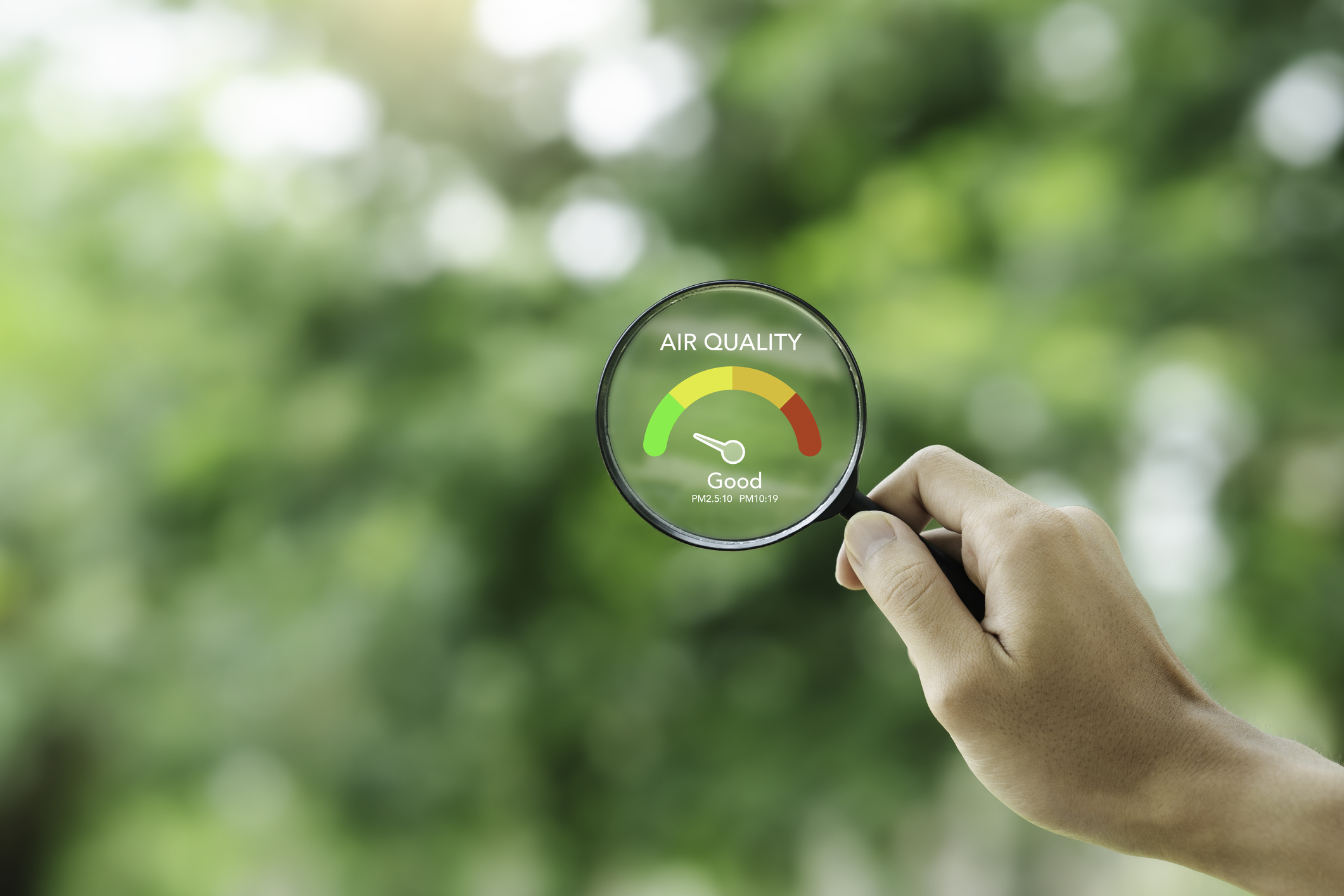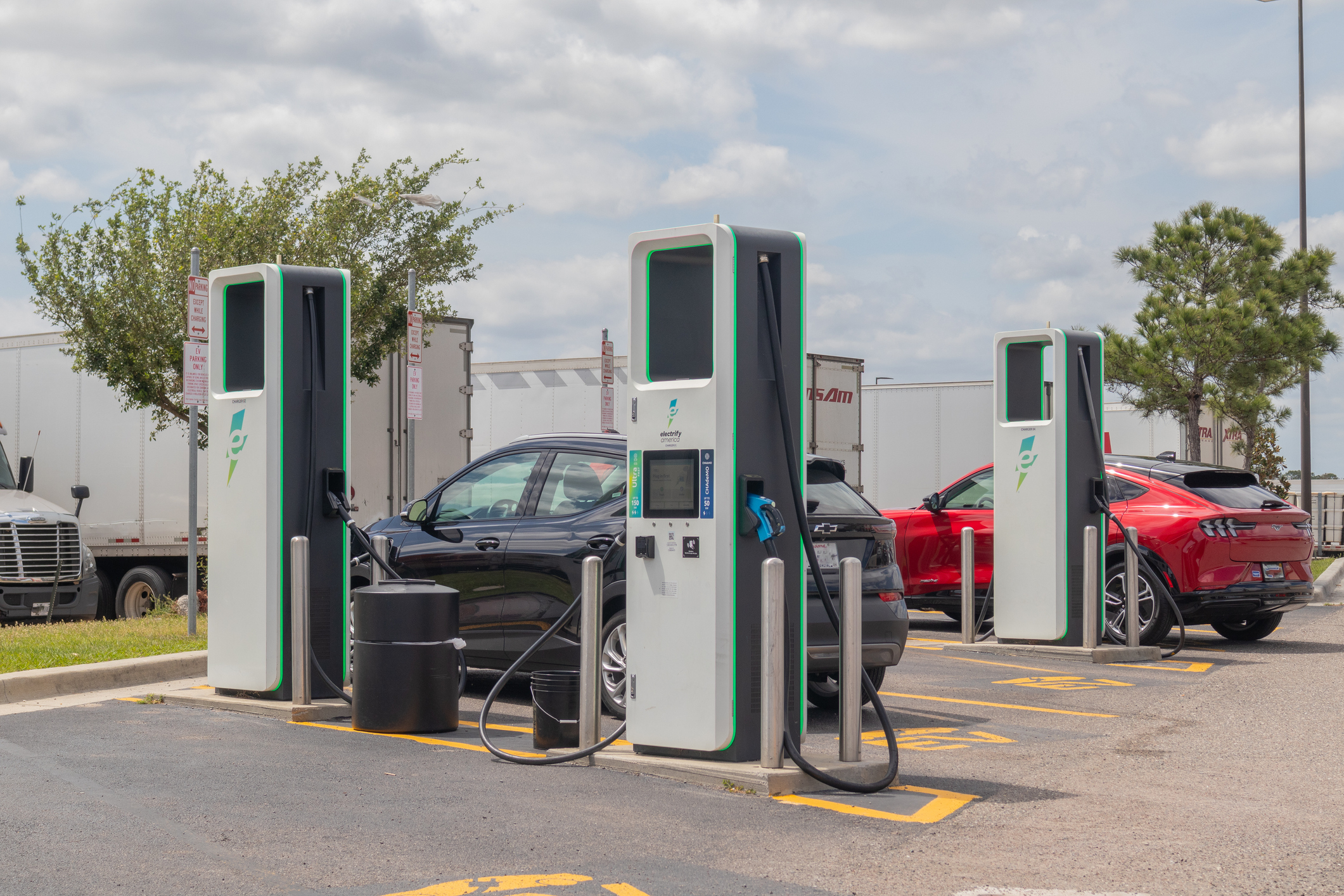In his editorial claiming that repealing Washington’s CO2 tax will harm the state's air quality, Dr. Vin Gupta claims he likes “to go to the data to find the truth.” But he starts by saying something false. The truth is that Washington's air quality will be significantly cleaner in the future with or without the CO2 tax.
 He claims Spokane has “declining air quality.” This is false. EPA data for Spokane County show that since 2000, average levels of particulate matter have fallen by more than 20% - from “moderate” to consistently “good.”
He claims Spokane has “declining air quality.” This is false. EPA data for Spokane County show that since 2000, average levels of particulate matter have fallen by more than 20% - from “moderate” to consistently “good.”
He clearly didn’t look at the data.
In fact, air quality will continue to improve without the CO2 tax. In 2019, the Puget Sound Clean Air Agency released a report on a proposal for a low-carbon fuel standard showing the impact of the policy on air quality. The study found that between 2019 and 2030 there would be a significant reduction in particulate matter (PM2.5) under the business as usual (BAU) scenario. This was two years before the Climate Commitment Act had been proposed.
Air quality will be better in 2030 with or without the CO2 tax.

Additionally, he says the CO2 tax would reduce the risk of smoke from catastrophic wildfire. Of the $3.2 billion from the CO2 tax, only $12 million – just 0.4% of the tax revenue – is budgeted to go to forest health. By way of comparison, more is spent on funding for government planning than forest health.
If preventing catastrophic wildfire was truly important, the legislature would have used more of the nearly $20 billion in new tax revenue the state received in the past four years.
Instead, the largest threat to projects that reduce the risk of wildfire are the very environmental groups supporting the CO2 tax. When the Colville Confederated Tribes worked with the Forest Service to thin unhealthy forests on their border, Spokane-based environmental groups immediately sued – preventing efforts to improve forest health and prevent catastrophic wildfires.
Using forest fires to justify the CO2 tax is a smokescreen.




